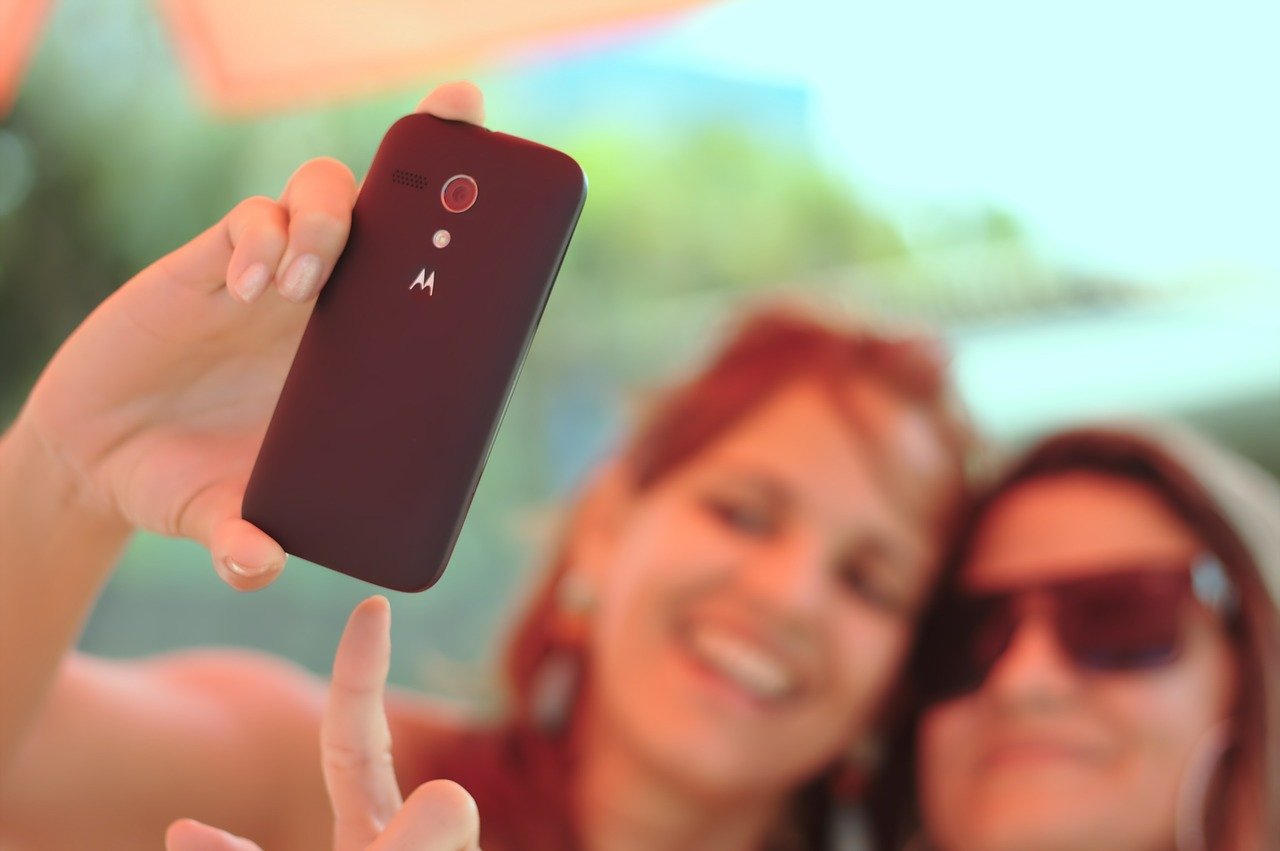In December 2018 researchers from Iran published their review on whether light from smartphones and light produced when taking selfies can cause premature aging and wrinkles. As a result of modern life, individuals are exposed to lower levels of natural light during the day and higher levels of artificial light at night. Skin is prone to oxidative stress and the link between aging and oxidative stress is well documented. The widespread use of light emitting diodes and the rapidly increasing use of smartphones, tablets, laptops and desktop computers has led to a significant rise in the exposure of human eyes to short-wavelength visible light. Today, there is a growing concern over the safety of the light sources such as light emitting diodes with peak emissions in the blue light range (400-490 nm). Recent studies have shown that frequent exposure of human skin cells to light emitted from electronic devices, even for exposures as short as 1 hour, may not only cause oxidative stress but also premature cell death. Furthermore, there are reports indicating that frequent exposure to the light spectrum produced with selfie flashes may cause skin damage and increase the rate of skin aging. The researchers concluded by stating that based on current knowledge, it can be suggested that changing the spectral output of LED-based smartphones’ flashes may be an effective method to reduce the adverse health effects associated with exposure to blue light.
Arjmandi N et al. Can Light Emitted from Smartphone Screens and Taking Selfies Cause Premature Aging and Wrinkles? J Biomed Phys Eng. 2018 Dec 1;8(4):447-452.

